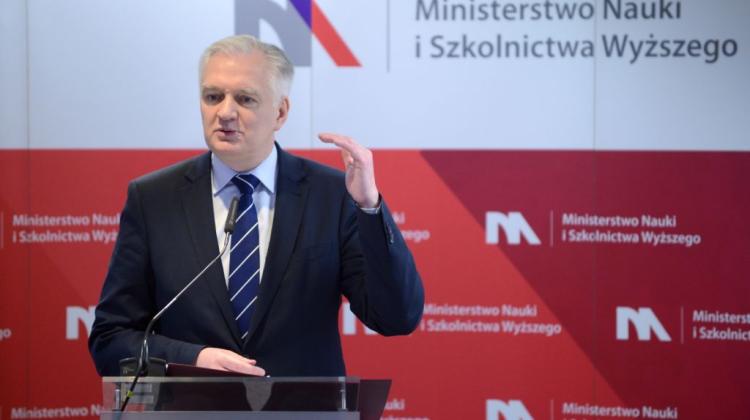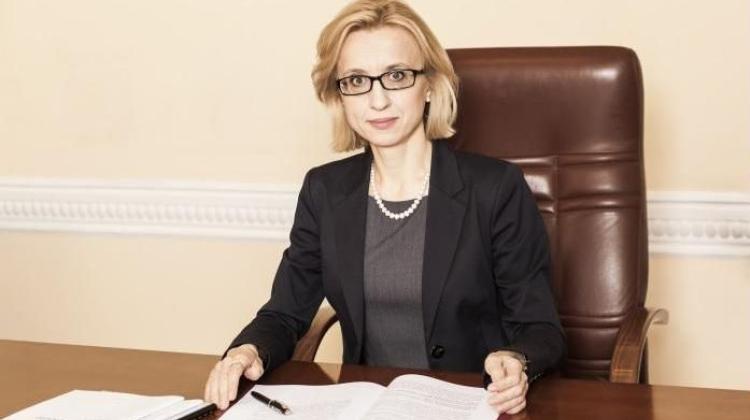Dardziński: Lack of experts is one of R&D implementation barriers in Poland

Among the many barriers that may prevent commercialisation or implementation of research and development (R&D) projects in Poland, the most important is the lack of qualified professionals - believes Deputy Minister of Science and Higher Education Piotr Dardziński.
Panel and discussion on this subject took place on May 20 in Katowice during the European Economic Congress.
Among the many barriers - financial and legal - to implementation of R&D projects in Poland, according to the deputy minister the most important barrier is the lack of experts. "We need highly skilled people who are capable of managing complex processes that lead to transforming an invention developed at a university or research institute into a product" - pointed out the deputy minister.
He added that they must be people who can understand the technology, find the sources of funding and "build the right business model".
"The most important things in innovations are firstly people, secondly people and thirdly people" - said Dardziński.
In turn, Deputy Director of the National Centre for Research and Development Leszek Grabarczyk among the barriers to implementation of R&D projects named insufficient experience Polish institutions have in this type of work.
"I am convinced that in Poland we have the potential to become global players, but we do not have sufficient experience that one can only gain after applying these solutions, implementing such projects for some time, for several years" - said Grabarczyk.
He added that another "sore spot" are also poor relations between the participants of this process.
"There is still an insufficient level of cooperation and trust between the key players in this process, that is, between individual inventors, discoverers, their parent universities, institutes, financial investors" - he stressed.
In addition Grabarczyk assured that the infrastructure (such as laboratories) needed to conduct R&D projects is well developed in Poland. "The most important challenge now is to ensure that the infrastructure benefits teams with brilliant ideas, primarily from the ideas that represent a high level of ambition, but also risks" - he noted.
The Ministry of Science idea to solve the problems of R&D commercialisation is the so-called White Paper of innovation. This is a part of ongoing legislative work on the so-called large law on innovation, which is expected to be prepared later this year.
"To determine what type these barriers are we have decided to write the white paper, and its authors are mainly the actors involved in the process of commercialisation: researchers, investors, entrepreneurs, as well as think-tanks" - said the deputy minister.
Dardziński assured that the information in the White Paper, collected in part through an online survey, will be put together and published by the end of June.
And so the new law - according to the deputy minister\'s announcement - will contain solutions intended to cut through red tape in R&D projects, raise the thresholds of personnel cost write-offs and extend their time limits.
The new law should benefit both business and universities, which, according to the deputy minister, should recognize that "research and its commercialisation are as important as teaching processes that take place at universities".
The rector of the University of Silesia and President of the Conference of Rectors of Academic Schools in Poland Prof. Wiesław Banyś pointed out during the panel that improving the information flow between business and universities is very important in the elimination of barriers to the commercialisation of R&D projects.
In his opinion, the activities that would help in this include both promoting this cooperation, as well as creating a database of needs of entrepreneurs and scientists.
PAP - Science and Scholarship in Poland
akp/ dym/ mrt/
tr. RL
Przed dodaniem komentarza prosimy o zapoznanie z Regulaminem forum serwisu Nauka w Polsce.


















